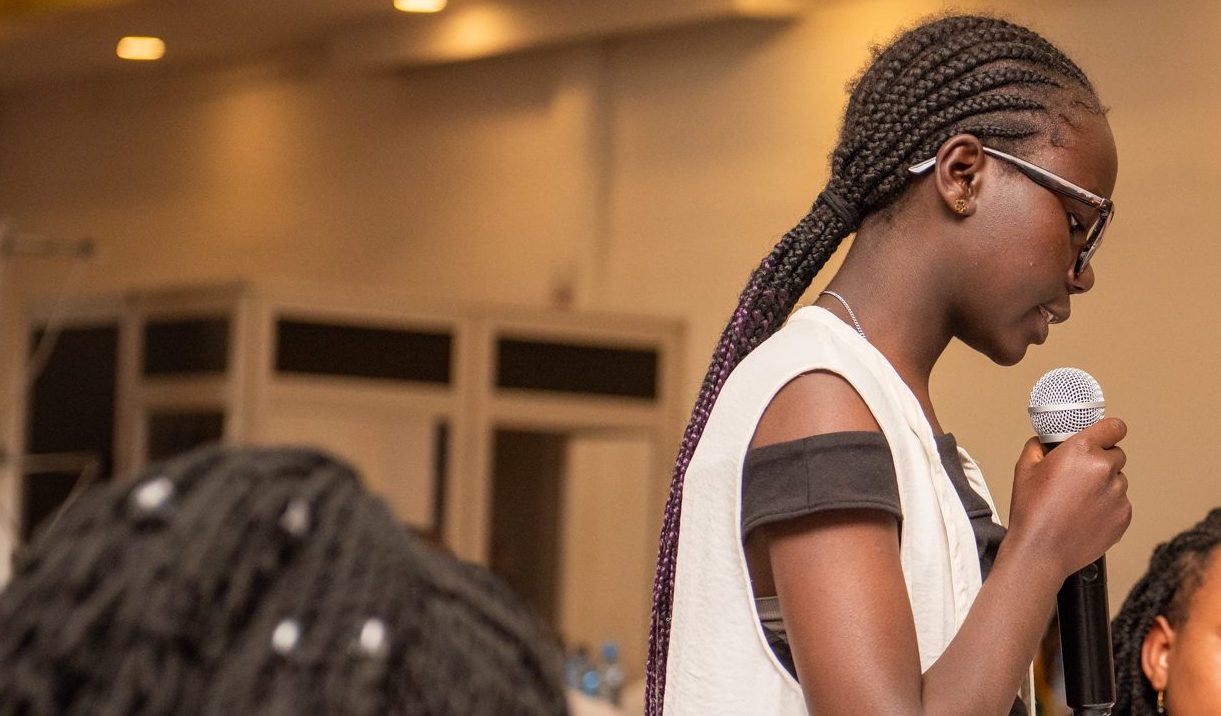

I believe youths can influence change on issues affecting them- Chebet Marcelina
By Chebet Marcelina, Adolescent Champion from West Pokot, Kenya.
My journey as a young leader began at age 13 when I became a member of the West Pokot Children’s Assembly. Through my active participation and mission of amplifying the voices of young people to address their challenges in all platforms, I was elected unopposed as the governor of the West Pokot Children’s Assembly for two terms (four years). My role as governor was to oversee debates in the Assembly, which brought together children from different sub-counties from West Pokot. I was also tasked with presenting the outcomes of the debates to the county government. In 2018, I submitted a memo to the governor, with recommended solutions to the problems children in West Pokot face.
Being a governor not only built my leadership skills but also empowered me through a variety of forums including the 30-years celebration of the United Nation Convention on the Rights of children. After graduating from the Assembly, I joined Declares Kenya, a youth network that advocates for Adolescent Sexual and Reproductive Health and Rights (ASRHR). They linked me to DSW Kenya, where I was onboarded as a champion under the Youth for Health Project.
Under the project, I was trained and engaged in the budget making process, through sectoral hearings and the West Pokot Department of Health’s annual development work plan. I presented a memo on the need of prioritisation of ASRHR. In West Pokot, the rate of teen pregnancy is 36%, according to Kenya Demographic Health Survey. Most adolescents lack knowledge on SRH resulting in teen pregnancies, school dropouts and unsafe abortions. Therefore, SRH information and services are crucial and influences young people’s decision making. The memo highlighted the need for adolescent and youth friendly services in the county health facilities, complete with adequate staff trained on offering these services. It also called for budget allocation to ASRHR to enhance access to information and services.
I had the opportunity to attend the 5th Gender is My Agenda Campaign (GIMAC) s strategic engagement meeting with the African Union, Regional Economic Communities, and partners in Nairobi in July 2023, with the theme: “Accelerating African Continental Free Trade Area (AfCTA) Implementation: breaking trade barriers of African women and ensuring their inclusion, knowledge and relevance”. Deliberations focused on promoting gender responsive trade policies and practices in Africa, ensuring that no woman is left behind in trade.
The event also commemorated Maputo@20, which marked 20 years since African Governments adopted the Protocol to the African Charter on Human and Peoples’ Rights on the Rights of Women in Africa (the Maputo Protocol), defining the rights of women and girls across Africa. It was inspiring to see Dr. Nyaradzayi Gumbonzvanda, human rights lawyer and the Founder and Chief Executive of Rozaria Memorial Trust, receive an award for contributing towards the implementation of Maputo Protocol, which has engendered a unifying effect within women’s movement in Africa and fostering a concerted effort to address matters important to women and girls.
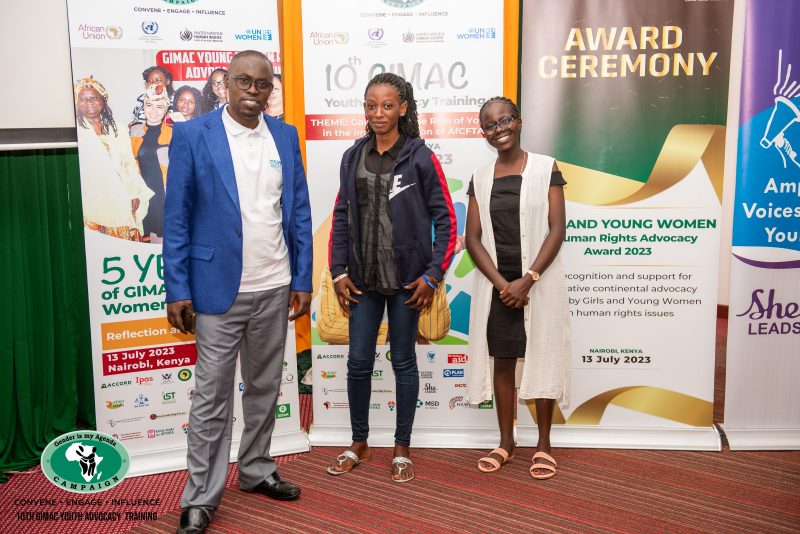
Musa Ogony, Regional advocacy officer and Norah Nyamvula and Marcelina Chebet, the Youth For Health adolescent champions at 5TH GIMAC RECS meeting in Nairobi in July 2023.
Photo subtitle: Musa Ogony, Regional advocacy officer and Norah Nyamvula and Marcelina Chebet, the Youth For Health adolescent champions at 5TH GIMAC RECS meeting in Nairobi in July 2023.
I was happy, for this was one of the platforms that enabled me to engage senior leaders and amplify the needs of young people. I learnt that young girls and women need to exercise their SRH rights and access SRH services to meaningfully participate in trade.
I was part of the health panel on improving SRH and enhancing the economic empowerment of women and adolescents under AfCTA. Here, I shared experiences of young people including those abled differently in accessing SRH in rural areas. I highlighted the need for availability of SRH information and services to protect them from transactional sex, sexual exploitation and gender-based violence. This way, they can practice bodily autonomy and participate in economic and social development.
I am glad that the recommendations made in the panel to the AU Heads of State meeting were adopted. They included:
- A gender responsive institutional framework, policies, strategies and action plan integrating gender at all levels of decision making and sharing with member states national gender units with relevant ministries to coordinate gender mainstreaming efforts in AfCTA Implementation
- Establishing mechanisms for gender responsive trade disputes resolution including representation of women and youth to raise issues concerning their experiences
- Investing in strengthening health facilities under AfCTA and ensure private sector invest more and give access to women and youths through production of affordable and high quality SRHR products and services.
I also participated in discussions on facilitation of AfCTA and the practicality of its implementation and process in creating opportunities for youth, youth advocacy training, gender and agriculture.
In the one of the sessions, men were bought together to be part of women empowerment and to call for balancing the beam of equality, giving their own views and addressing their own issues not forgetting to applaud the milestones made by both genders and stakeholders over the years. This was a key reminder of teamwork, bringing like-minded people and applying multi-sectoral approach to help realise goals.
I also got a chance to interact with inspiring advocates from different parts of our continent. Their experiences taught me to be bold and firm in speaking out on issues and keep on with the spirit of advocacy on different platforms. Seeing other advocates win awards for their progress inspired me to be more aggressive and put more effort to grow in mind.
Throughout the sessions, I realized that advocacy is indeed a journey that requires full commitment in practicality and a receptive mind. I believe youths can influence change for their own issues: Nothing for the youths without the youths.
The Youth for Health Project
The Youth for Health (Y4H) project is a three-year initiative co-funded by the European Union that works to expand access to life-changing adolescent sexual and reproductive healthcare and rights. Its focus is on reaching the poorest and most marginalized adolescent girls, including those living with disabilities, and in rural and hard-to-reach areas of Ethiopia, Ghana, Kenya, Sierra Leone, Tanzania, and Zambia. By unlocking demand and access and contributing towards changes in favor of supportive policies and funding environments, Y4H will increase and sustain access to reproductive choices for girls and young women.
Youth for Health is being implemented by MSI Reproductive Choices together with Deutsche Stiftung Weltbevölkerung (DSW), Centre for the Study of Adolescence (CSA) Kenya, Health Alert Sierra Leone (HASiL), Youth Advocates Ghana (YAG), Sikika in Tanzania, Restless Development Zambia and Youth Network for Sustainable Development (YNSD) in Ethiopia.
For more information on DSW’s role in the Youth for Health project, see our project page.
Photos: DSW
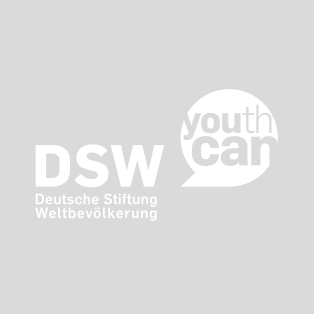
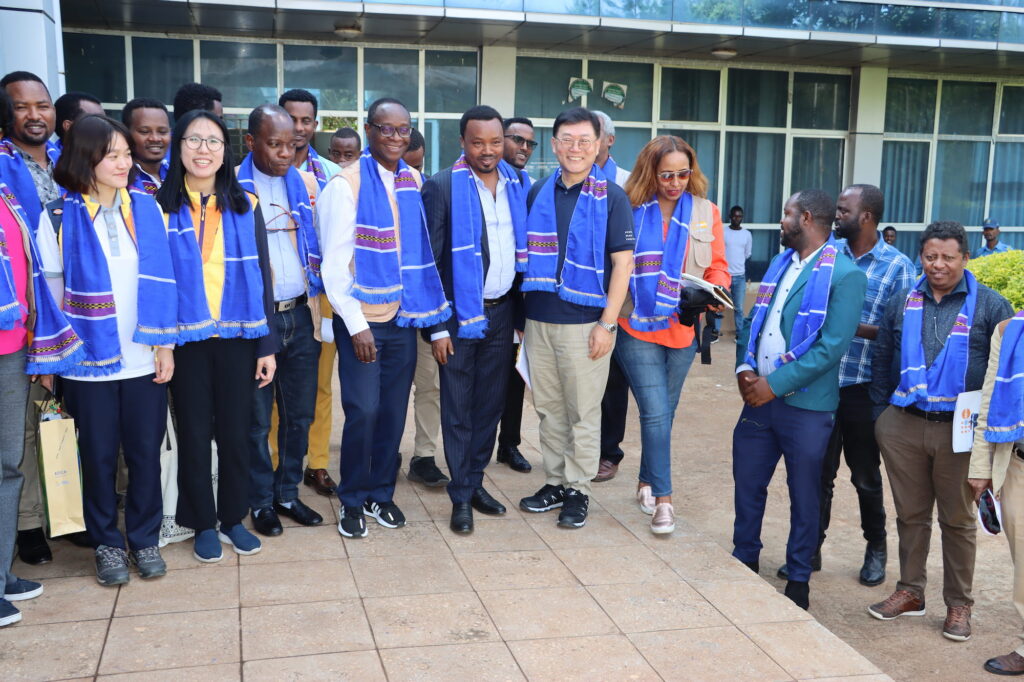
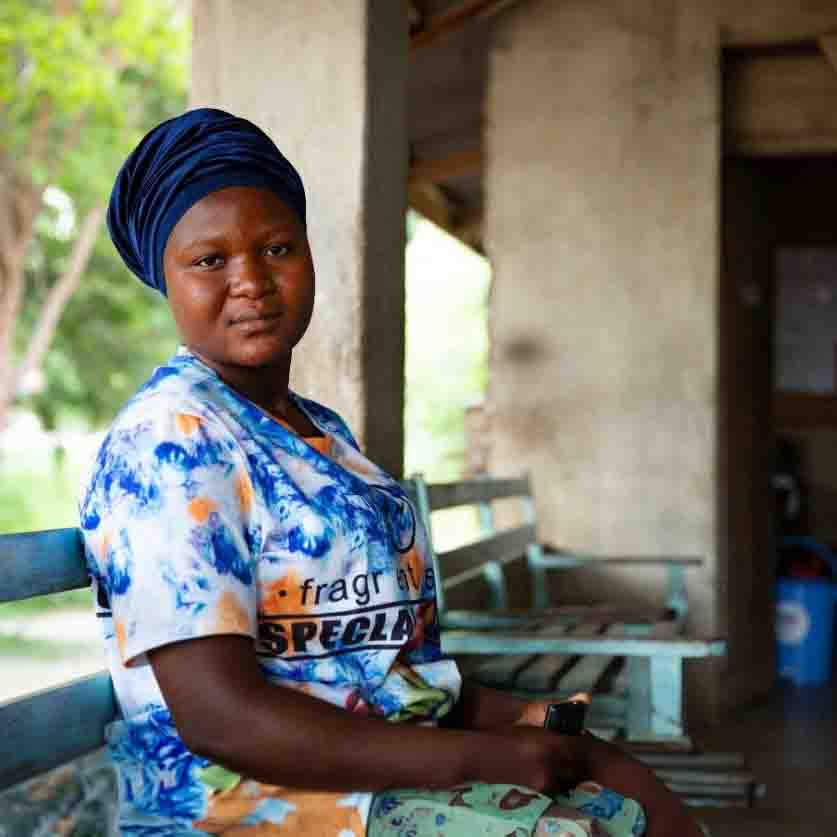
Comments